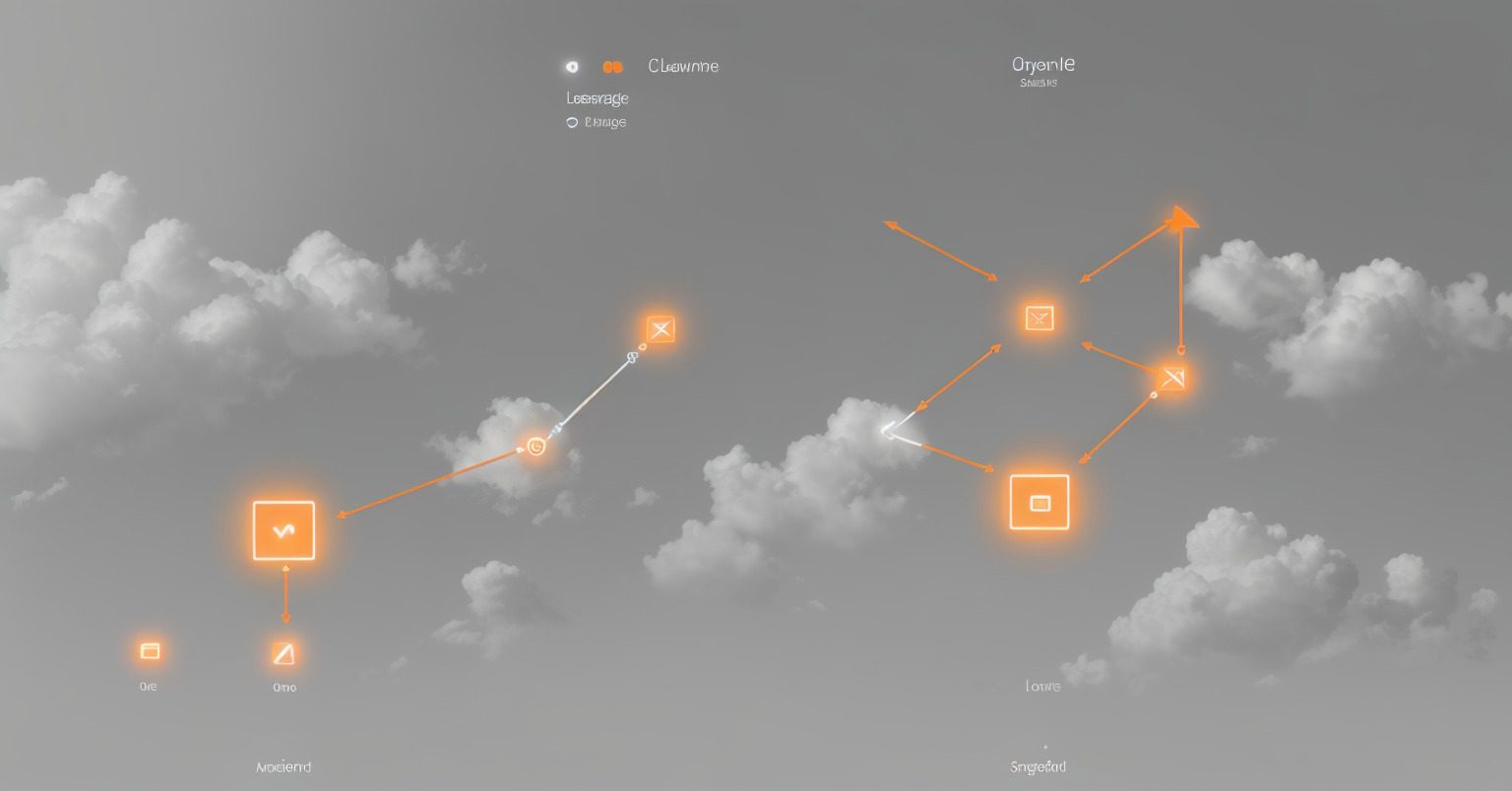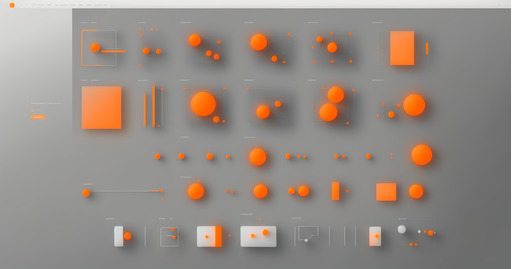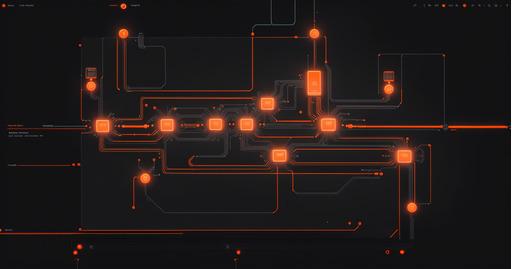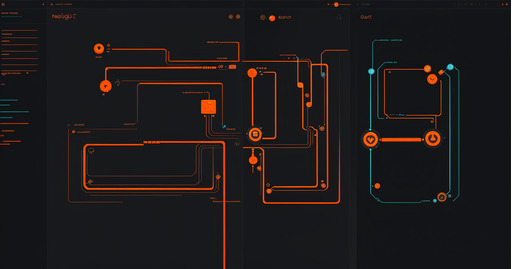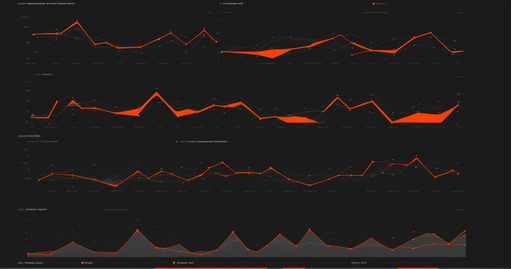Automated Resume Screening and Shortlisting: Traditional resume screening is time-consuming and often biased. AI-powered tools now automate this process by analyzing resumes for relevant keywords, experience levels, and cultural fit. Natural language processing helps identify the most qualified candidates by scanning thousands of resumes in minutes. These tools rank applicants based on customized criteria, removing the need for manual filtering. Companies can reduce time-to-hire significantly and avoid missing out on top talent due to human oversight. This leads to a more objective, scalable, and efficient hiring process while freeing HR teams to focus on more strategic activities.
Smarter Interviews with AI-Driven Assessments: AI is transforming how companies evaluate candidates through intelligent assessments and virtual interviews. Some platforms use machine learning to analyze facial expressions, voice tone, and response patterns during video interviews. Others deliver skill-based tests tailored to specific job roles, automatically grading and ranking applicants. This creates a data-driven and fair evaluation system that minimizes unconscious bias. These AI assessments are often integrated into Applicant Tracking Systems (ATS), providing HR with comprehensive insights before making a final decision. As a result, teams can hire with more confidence, speed, and precision.
Predictive Analytics for Talent Management: Once an employee joins, AI does not stop working. Predictive analytics tools help HR departments forecast turnover risk, identify high-potential employees, and personalize career development plans. By analyzing performance data, attendance patterns, and employee feedback, AI models can predict who is most likely to succeed or churn. These insights enable proactive retention strategies such as early interventions, personalized training, or internal mobility. HR managers can move from reactive decisions to forward-looking talent management, strengthening workforce stability and productivity over time.
Automated Onboarding and Employee Support: AI-driven onboarding platforms streamline the employee experience from day one. Chatbots can guide new hires through documentation, answer HR queries, and provide customized learning modules. Workflow automation tools ensure that tasks like ID creation, tool access, and team introductions happen without delay. This level of consistency makes new employees feel welcomed and supported. AI also enables continuous support beyond onboarding, offering 24/7 assistance with policies, benefits, or scheduling. These systems reduce administrative workload and enhance employee satisfaction from the start.
Creating a More Inclusive and Engaged Workforce: AI tools are helping HR create more inclusive, diverse, and engaged workplaces. Language processing tools review job descriptions to eliminate biased terms. Candidate pipelines can be anonymized to promote fairer selections. Engagement platforms track employee sentiment in real time using surveys and behavior analysis, helping HR respond to dissatisfaction before it becomes turnover. These systems also highlight areas where leadership can improve communication and team morale. With the help of AI, companies are building not just smarter teams but happier, more resilient ones too.
